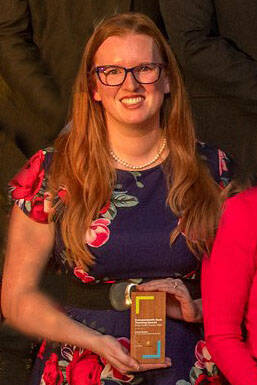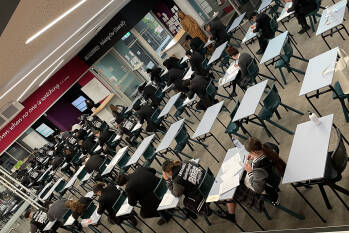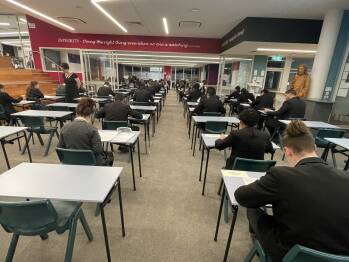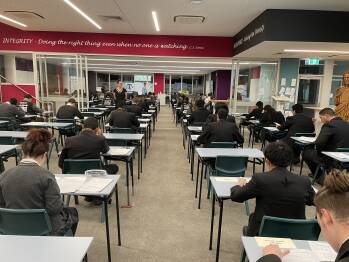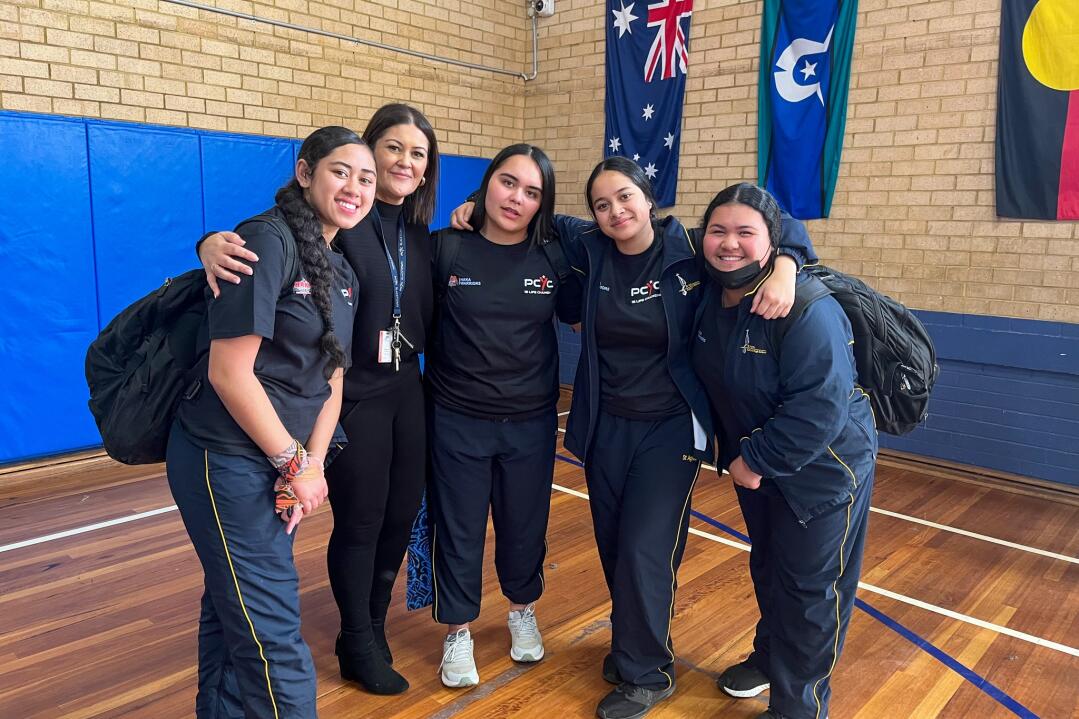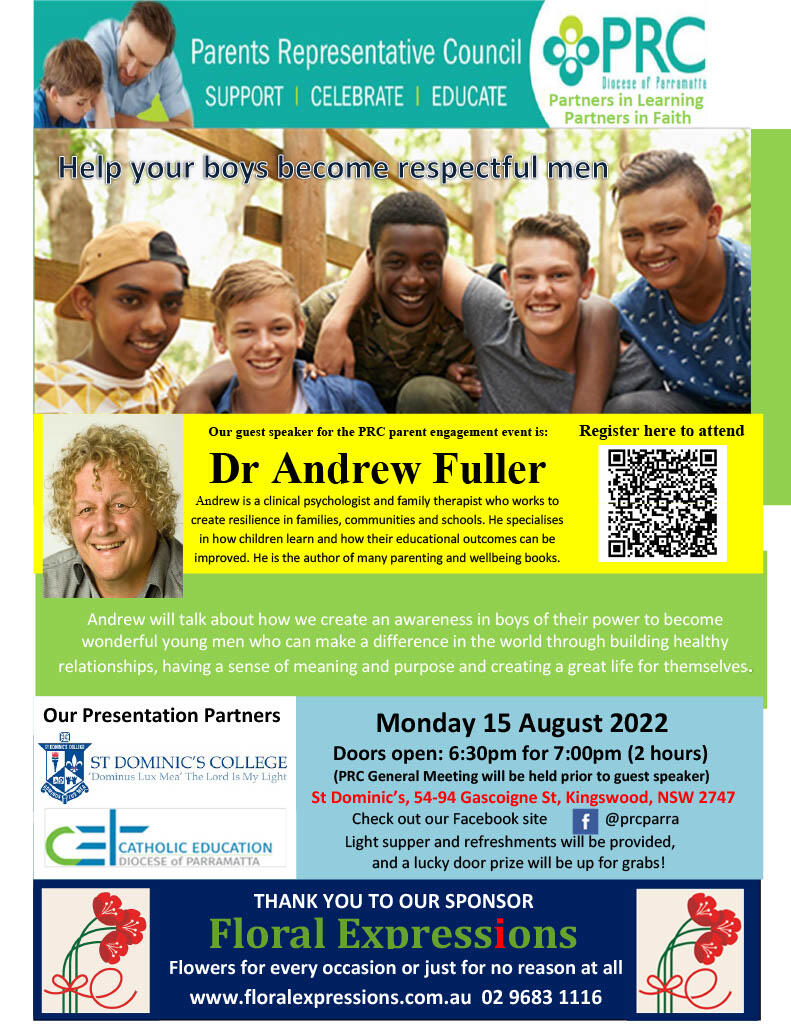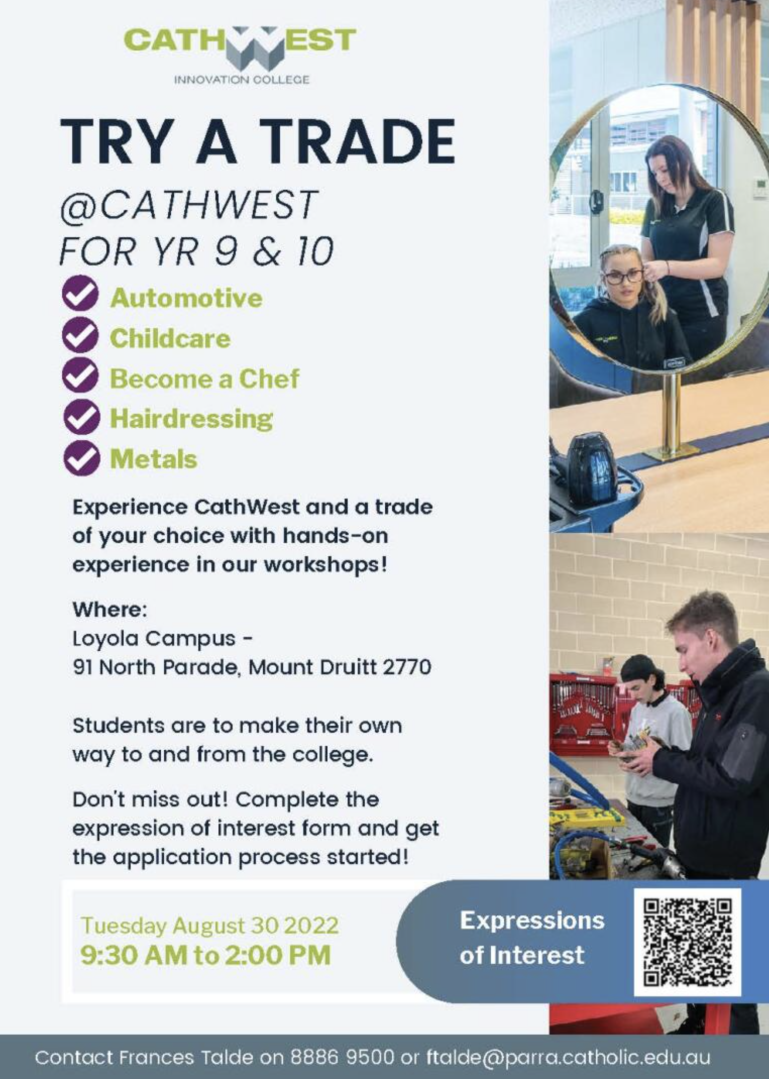Welcome to Term 3! It has certainly begun in earnest and our students are making the most of the learning opportunities presented to them.
Our Year 12 group participated in Study Sessions during the July vacation period. Opportunities were provided for them to work on their Major Projects and to reinforce key learnings from the previous term. This was in the form of workshops, presentations and mock-essay style questions under timed conditions. This experience was rather valuable and for the students who used the time appropriately, they will benefit from this in their Trial HSC.
On that note, these examinations are currently taking place and will conclude on Monday 15th August. These examinations, apart from being the final in-school assessment, will allow the students to experience what the actual HSC will feel like in October and November. Each Year 12 student will be able to achieve their personal best IF they have prepared and sought help from their teachers.
It is important that parents and carers of students in the following HSC courses are aware that these courses have actual HSC tasks due during this term. This is before the HSC examinations in October. In these courses students often complete and submit an item or undertake a performance task that is considered part of the actual HSC exam and therefore the HSC examination mark.
| Course | Exam | Date |
| Dance | Practical | 15 August |
| Industrial Technology - Timber | Major Work Submission | 11 August |
| Visual Arts | Major Work Submission | 29 August |
Our Year 11 students are well into their final term of work before commencing their HSC in Term 4. From Monday 5 September until Friday 16 September, all students will sit the Final Examinations in order to qualify for their Record of School Achievement. The students are strongly encouraged to make the most of their time in class, complete the set learning activities and see their teacher if they have any questions.
Our Year 10 students are now in the process of considering their subjects for Year 11 and 12. At this point in time, students and parents will be able to meet with a member of the Leadership Team or a Leader of Learning in order to discuss their selected pathway. The aim of this will be to ensure that each student selects subjects suitable for them and their personal goals.
In the next few weeks the students in Years 8 and 9 will be given the opportunity to consider the electives they would like to study in 2023. A Handbook will be distributed and the students will be presented with the subjects we offer on top of the Mandatory Courses in Stage 5. Students are encouraged to now think about what courses they might like to select next year and be prepared to ask clarifying questions when information is presented to them.
Our Year 7 cohort has settled in well to life at high school and they come to school each day eager to learn. This semester they are now experiencing a different side to Technology Mandatory and also, the students have swapped from Music to Visual Art or vice versa.
Top 10 Tips for parents to manage and communicate expectations about schoolwork and results
If parental expectations are too low, students may not strive to achieve their personal best. If parental expectations are too high, this can contribute to high levels of student stress. So how can parents find the right balance? Some areas to consider are:
- Understand your own motivations: Why do you want your child to achieve particular marks in their studies? Is it because you have pressure from family/friends/society about what your child will achieve? Do you want them to follow in your career footsteps? Do you want them to have opportunities you never had as a child or young person? Understanding your own motivations will help you find balance in your expectations of your children.
- Help your children to set realistic goals: Keep talking to your children about what they want to achieve, in individual subjects, at school overall and in other aspects of their life. Their career goals may mean they want to focus intensively on something like art or music, rather than maths or science. Helping them to identify their goals will enable them to determine what subjects they need to focus on and what marks they are likely to need, which means that effort can be concentrated on the areas which will help them to achieve their goals.
- Be involved in your children’s learning: Throughout the term talk to your children about what they are studying. Ask them to show you their bookwork and homework. The more you understand about what they are doing and how they are going along the way, the better you will be able to set and manage your expectations.
- Make sure you really communicate what you expect: Many students feel like they are not meeting their parents’ expectations. Often this is a result of poor communication about expectations by both parties. Reflect on your motivations (see 1 above) and think about how you communicate your expectations to your children. Remember to praise them for the effort they make rather than the results they achieve, this way they are motivated to keep on trying, even when learning is difficult.
- Develop an understanding of the school’s assessment and reporting structures: Assessment and reporting systems change over time and are different in different schools, states and countries. Making sure you really understand what your children’s reports mean may help you to understand what they are actually achieving. Sometimes students are excelling in certain skills or areas, but reporting structures may not highlight these.
- Remember nobody is perfect: Even the brightest, most highly motivated child will struggle at times. They may struggle to understand a particular topic or concept, or they may struggle with motivation, particularly for a subject they don’t particularly enjoy. Problems with teachers or peers can also contribute. It is unrealistic that anyone can work with 100% effort all the time.
- Provide practical homework and exam support: Provide practical help to your children with things like proofreading and reviewing drafts, checking work and listening to speeches. Remember though, it is not your work, so don’t make changes, rather make suggestions and provide guidance.
- Spend time together doing something fun: Make sure your relationship with your child is about more than homework and study. Allocate some time to do fun things together. This is the time in which your child is most likely to open up to you about the things that they are struggling with and you can work out how best to help them. Ideas include going for a walk or run together, having a dinner date (even to Maccas) or having them show you the latest funny videos they like.
- Support your child to do their best: You can do this by providing healthy, nutrient rich food; opportunities for exercise, rest and relaxation and an environment which is supportive of and conducive to study.
- Keep alert for the physical and mental signs of stress: Familiarise yourself with how your child responds to stress. Do they withdraw? Act out? Work harder or stop working? When you notice that your child is stressed provide them opportunities to discuss what is worrying them and work with them to identify how you can help them. You may wish to involve the school counsellor, a teacher or tutor at this point.
Our school’s access details are:
Username: stagnes
Password: 24success
Suggested topics: Home Study Environment, Organisation & Filing, Time Management Skills, Managing Workload, Dealing with Distractions, Overcoming Procrastination, Developing Motivation and Goal Setting.
Mr Kemmis
Assistant Principal - Learning Transformation



